Calcination
Electrical solution for minerals
Our Spirajoule system uses an electrically heated screw conveyor for precise, continuous, and efficient calcination. This direct heating method ensures high purity products from powders and other inorganic materials, avoiding the dust and emissions of traditional fossil-fueled kilns.
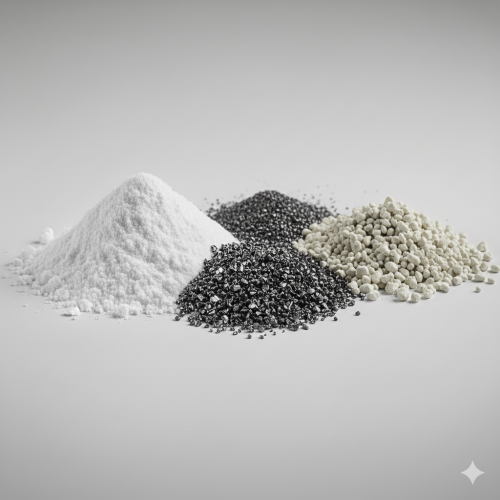
Our Spirajoule technology offers a fossil-free, electricity-powered alternative for high-temperature mineral processing.
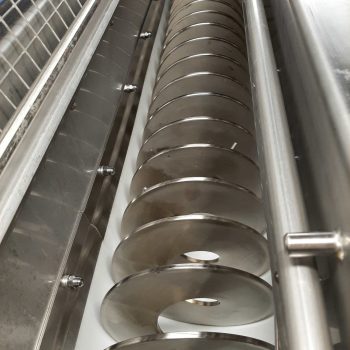
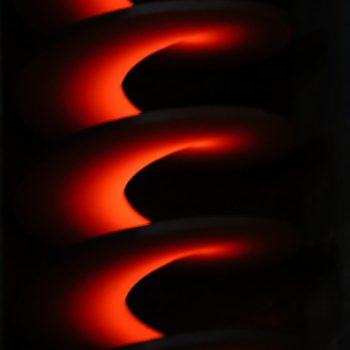
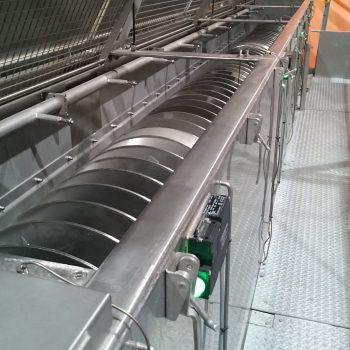
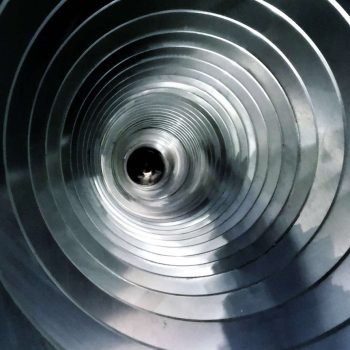
Calcination
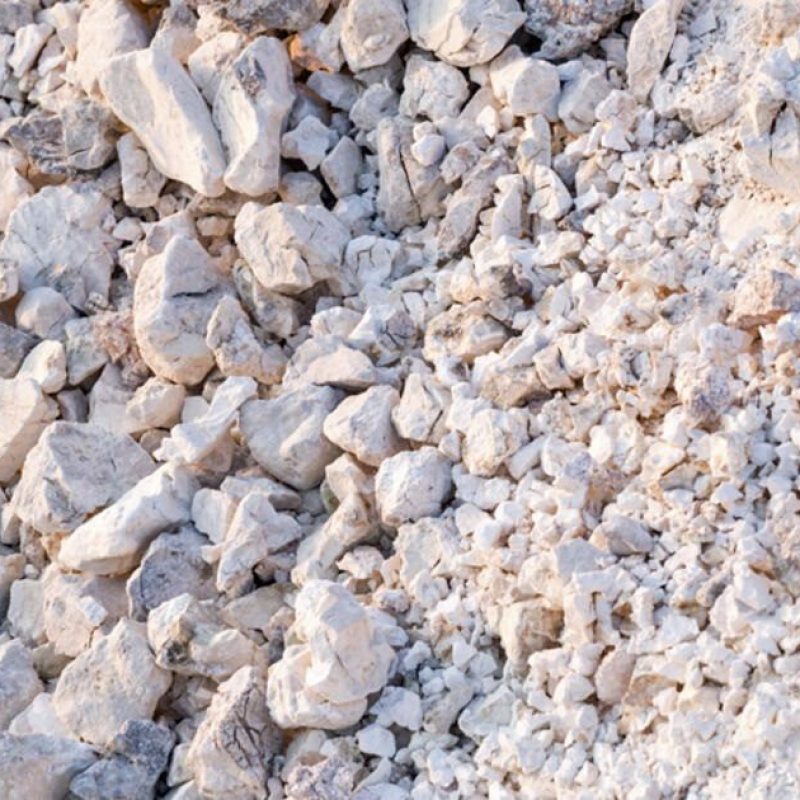
Decarbonizing Calcination
Conventional calcination relies heavily on fossil fuels. However, with increasing renewable electricity availability and carbon costs, there’s a growing shift towards electrification. Our Spirajoule technology offers a fossil-free, electricity-powered alternative for high-temperature mineral processing.
This approach not only supports decarbonization but also provides stable operating costs, independent of volatile fossil fuel prices.
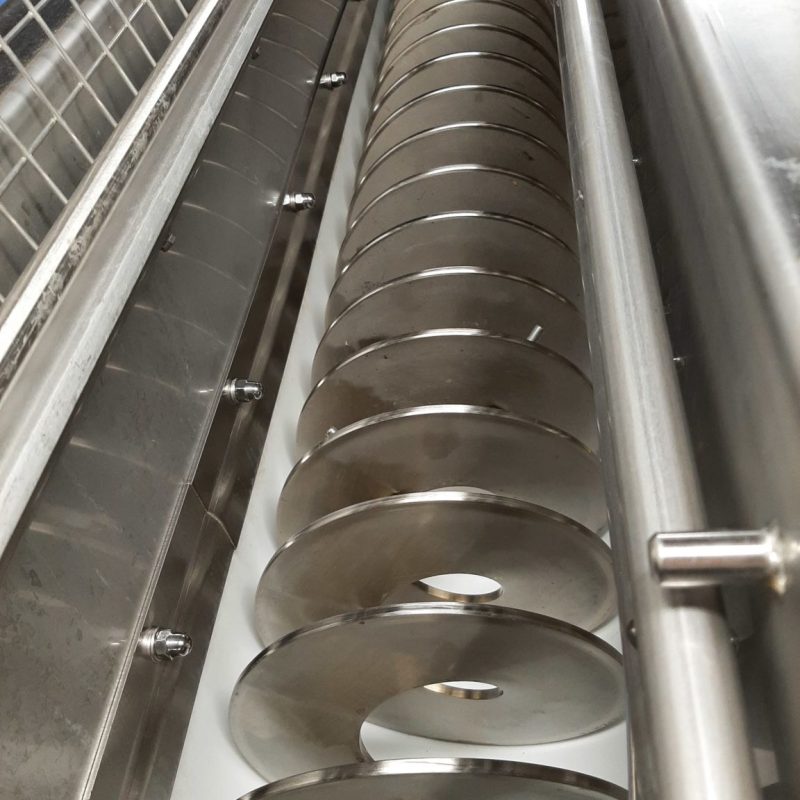
Spirajoule Advantages
-
Fossil-fuels free:
Powered solely by electricity, eliminating combustion byproducts.
-
Precise & adaptable:
Patented hollow-shaft screw ensures consistent, controllable heating up to 750°C.
-
Direct heat exchange:
Continuous contact between the screw and material for efficient heat transfer.
-
Continuous process:
Ideal for industrial applications, lowering costs and ensuring steady production.
-
Compact & modular:
Containerized modules allow for quick implementation and flexible scaling (500 – 1000kg/h capacity per module).
